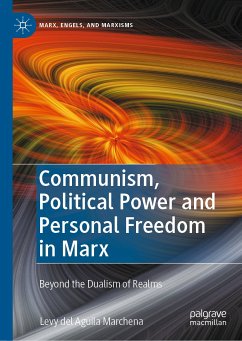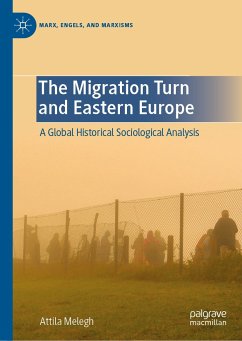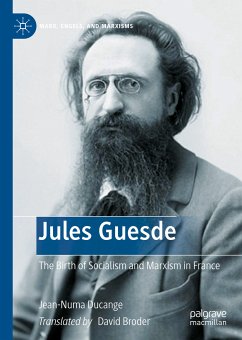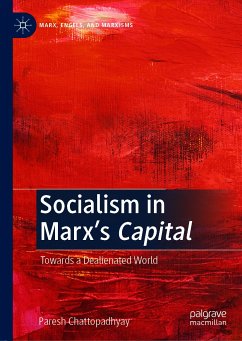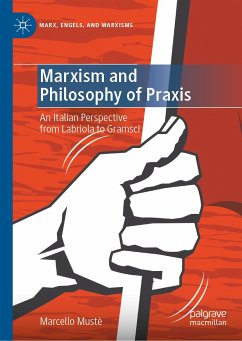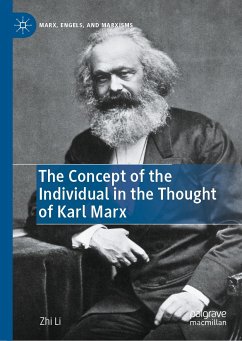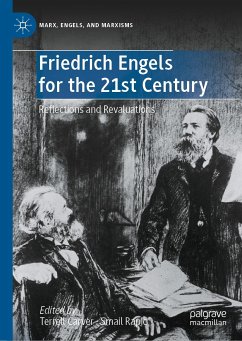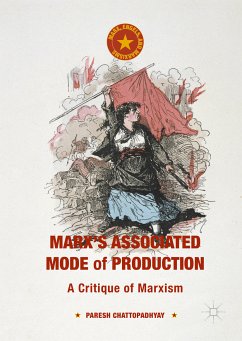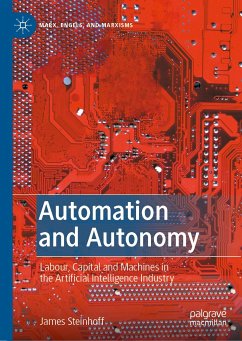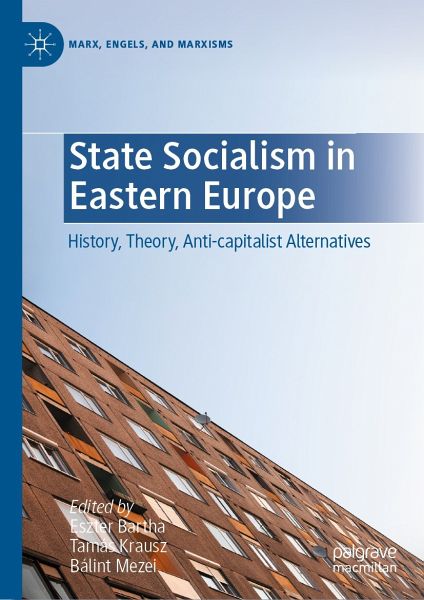
State Socialism in Eastern Europe (eBook, PDF)
History, Theory, Anti-capitalist Alternatives
Redaktion: Bartha, Eszter; Mezei, Bálint; Krausz, Tamás
Versandkostenfrei!
Sofort per Download lieferbar
96,95 €
inkl. MwSt.
Weitere Ausgaben:

PAYBACK Punkte
48 °P sammeln!
This volume brings together a diverse set of scholars to address the long theoretical, conceptual and political debate on the interpretation of "actually existing" socialism in the Soviet Union and Eastern Europe. While the major paradigms - totalitarianism, neo-totalitarianism, revisionism, post-revisionism, modernization, and the world-system analysis - are well known in the Western (English-language) literature, the concept of state socialism, which has strong theoretical roots in Hungary (going back to the works of György Lukács and István Mészáros) received less international attenti...
This volume brings together a diverse set of scholars to address the long theoretical, conceptual and political debate on the interpretation of "actually existing" socialism in the Soviet Union and Eastern Europe. While the major paradigms - totalitarianism, neo-totalitarianism, revisionism, post-revisionism, modernization, and the world-system analysis - are well known in the Western (English-language) literature, the concept of state socialism, which has strong theoretical roots in Hungary (going back to the works of György Lukács and István Mészáros) received less international attention. This book contributes to a productive discussion about viable alternatives to capitalism by introducing and theoretically elaborating on the concept and practice of state socialism, highlighting the historical significance of Hungary's experiment with the "new economic mechanism" of 1968. It generates a common point of reference for various generations of anti-systemic thinkers, scholars, and activists to move beyond Cold War simplifications and ideological divides, and contributes to the discussion about anti-capitalist alternatives, which are relevant today for the global left.
The chapter "Dance Around a 'Sacred Cow': Women's Night Work and the Gender Politics of the Mass Worker in State-Socialist Hungary and Internationally" is available open access under a Creative Commons Attribution-NonCommercial- NoDerivatives 4.0 International License via link.springer.com.
The chapter "Dance Around a 'Sacred Cow': Women's Night Work and the Gender Politics of the Mass Worker in State-Socialist Hungary and Internationally" is available open access under a Creative Commons Attribution-NonCommercial- NoDerivatives 4.0 International License via link.springer.com.
Dieser Download kann aus rechtlichen Gründen nur mit Rechnungsadresse in A, B, BG, CY, CZ, D, DK, EW, E, FIN, F, GR, HR, H, IRL, I, LT, L, LR, M, NL, PL, P, R, S, SLO, SK ausgeliefert werden.



